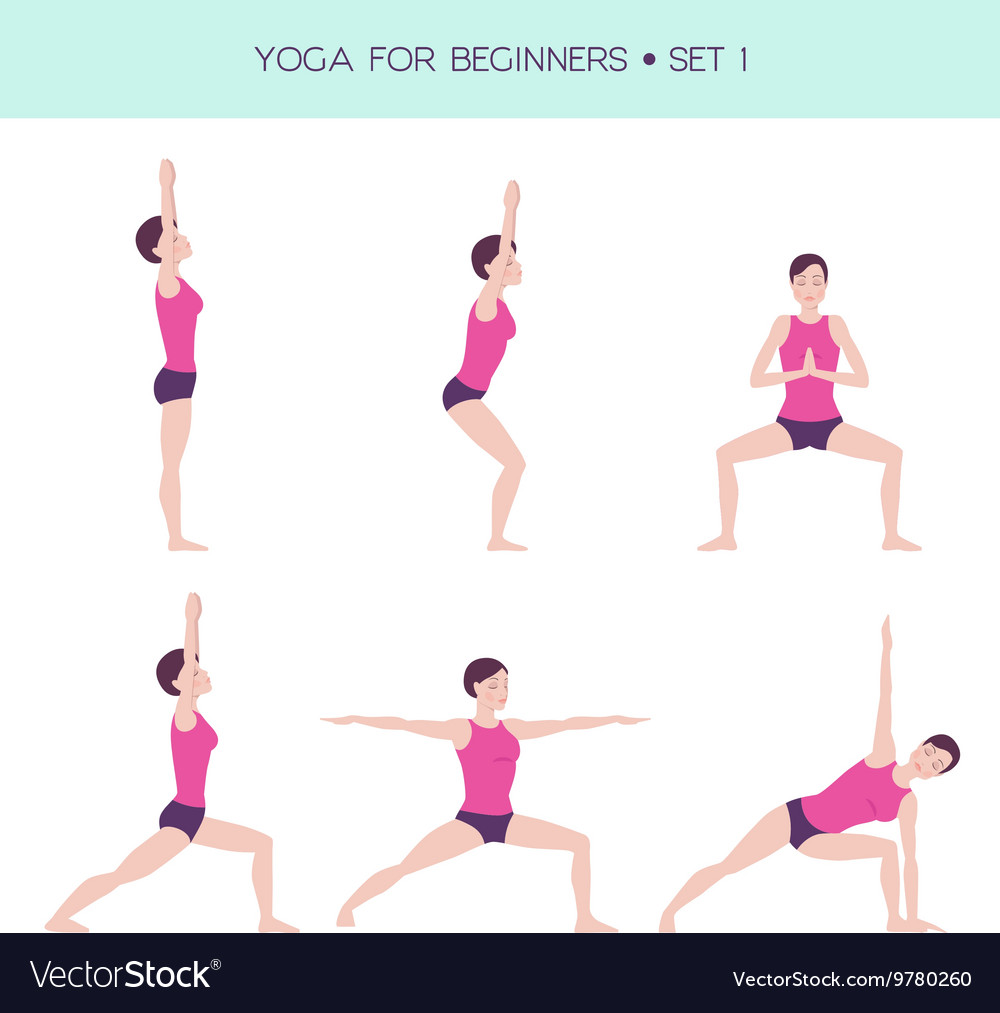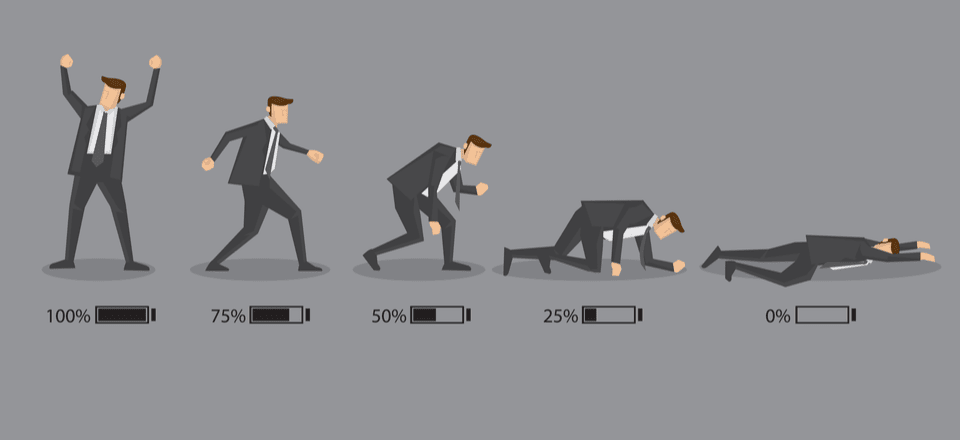
Yoga is great for women. This exercise is a great way to stay in form. These benefits are more detailed in the following article. Women also have better skin and sleepiness. Women can also get menopause relief as well as fewer wrinkles. In addition, yoga can reduce women's risk of developing menopause. Here are the top reasons to start yoga.
Improved flexibility
Increased flexibility is key to good health. Increase your flexibility to increase your range-of-motion and joint health. You'll have a lower chance of injury, backache, or repetitive-use damages. Yoga can also increase your body's strength and decrease your chance of injury. There are many other health benefits to yoga that go beyond the physical. Yoga promotes mental health, lymphatic health, and digestive health.
Yoga can improve your flexibility, as well as your posture. You may not feel comfortable doing backbends or touching your toes during your first yoga class. However, flexibility will increase as you become more familiar and skilled at the poses. You'll soon be able achieve poses you never thought possible, and your aches and pains will go away. Even the smallest movements will improve your flexibility.
Weight loss
Yoga is a great way to lose weight. Yoga can help you lose weight by improving your digestion and strengthening your muscles. Many women are not aware of the connection between yoga, weight loss, and yoga. Jennifer Aniston is one of many celebrities who practice yoga, along with Halle Berry (Liv Tyler), David Duchovny (Duchovny), and Christy Turlington. Yoga has been shown to have a variety of health benefits including an increase in mood and awareness. Yoga can also improve your body image, which is an important component of losing weight.

Yoga reduces stress. Regular practice of yoga can improve brain control and lead to easier weight loss. Yoga also aids in the body's fight against chronic low-grade, inflammation. Yoga can help you build muscle mass. You can lose weight and keep your body healthy, whether you are new to yoga or an existing practitioner.
Menopause relief
Yoga can not only provide physical benefits but it can also help women cope with the symptoms associated with menopause (depression and insomnia). The holistic approach to yoga combines stretching and strengthening the body, with breathing and meditation exercises. Yoga also helps women cope with these symptoms and improves their mental and emotional health. There are several poses that can be especially beneficial to menopausal females. Keep reading to learn more. Below are some of the most popular poses for menopause relief.
Yoga is a great option to treat the most common signs of menopause. A variety of yoga poses target these symptoms and can also help reduce the emotional symptoms associated with the transition. Restorative yoga, on the other hand, requires that women hold the poses longer than usual to help reduce symptoms. Yoga's meditative aspect is thought to reduce the symptoms of menopause and help women's nervous system.
Stress reduction
A recent study done by ICICI Lombard General Insurance discovered that seventy four percent of women and eighty one percent of men suffered from high levels of stress. Many people struggle with stress and find new ways to deal with it. Yoga is an ancient way to deal with stress. Yoga helps lower blood pressure, relieves tension, and reduces anxiety and depression symptoms.
Yoga can be beneficial for women who are stressed, according to research. Yoga can reduce stress levels by encouraging synchrony within the brain. Parasympathetic nervous control regulates stress response. In addition, yoga can improve sleep quality. Yoga can be beneficial for your overall health. It has been shown to reduce the symptoms of many types of diseases. A yoga class can reduce anxiety, depression, or even osteoporosis.
Mental well-being is improved

There are many proven benefits of yoga for women, and a recent study reveals that the practice can lower blood pressure, reduce stress, and increase mood. Although these benefits might not be apparent at first glance, research continues to show yoga has many other benefits. Women who have been taking yoga classes for three years experience a decrease in cortisol, which is a stress hormone. Yoga can also help people deal with depression, anxiety, and fatigue because it reduces the levels of cortisol.
A new study published in the International Journal of Preventive Medicine suggests that yoga has mental health benefits for women. 52 women participated in hatha yoga for at least one month. Harvard Health Publishing reports yoga improves women's mental health and helps them be more aware of their bodies. According to the study, yoga can also help women have a positive view of their bodies. The results were promising. Further studies are required to determine the best yoga techniques for women.
Improved blood pressure
Yoga can help lower blood pressure in women. The breathing techniques used during yoga sessions are effective for this purpose. Yoga breathing exercises can lower blood pressure by activating relaxation in the nervous systems. These breathing techniques should be learned early in life to reduce the risk of high bloodpressure. Even if you are on medication, yoga should be continued while you take your medication. Yoga is a great option for anyone looking to change up their exercise routine.
A May 2018 study concluded that yoga is a great way of reducing physical inactivity. This inactivity is a major risk factor in heart disease. Yoga also promotes healthy eating habits, which protect the heart. Another study concluded that yoga has a positive correlation with healthier eating habits. But there's more to the benefits of yoga for heart health. While yoga may be great for your cardiovascular health, it can also help you manage emotional stress.
FAQ
How can you improve your wellbeing?
"Wellbeing" is defined as "the state that you are physically, mentally and spiritually happy." There are many factors that can impact our well-being. The first step in improving your well-being involves identifying the areas of your life that need improvement. Next, change these things to improve your well-being.
Here are five tips to boost your well-being.
-
Exercise - Exercising makes you happier.
-
Sleep – A longer sleep time reduces stress and anxiety.
-
Nutrition - Eating healthy foods (such as fruits and vegetables) will boost your mood.
-
Meditation - Regular meditation helps to reduce stress and anxiety.
-
Socialization - Spending quality time with friends and family makes us happy.
How can you improve your mental or emotional health?
-
Exercise – This is a great way to improve brain function and increase energy levels.
-
Sleep - A good way to reduce anxiety and stress is to get enough sleep.
-
Nutrition – Healthy foods like fruits and vegetables can help you stay strong and energized.
-
Meditation - Meditation regularly can help reduce stress and anxiety.
-
Socialization – Spending time with our friends and families keeps us happy.
What can I do if I have mental health problems?
When you have any kind of mental health problem, it's important to seek treatment. There are chances that you have suffered trauma or abuse in your past. It is possible that your thoughts about yourself have been affected by this.
A mental illness such as an eating disorder or addiction could also be present. These disorders can lead to severe life-altering consequences.
It is best to not try to solve them all by yourself. You should speak to someone who understands what you're going through. A professional therapist will be able to provide you with the support and guidance that you need in order to overcome these problems.
Statistics
- Similarly, while there is some agreement about the boundaries of typical mental disorders 2, there is likely less agreement about those for positive mental health. (ncbi.nlm.nih.gov)
- It means no drinking any alcoholic beverages and no taking any drugs that aren't 100% natural.
- In any given year, an estimated 18.1% (43.6 million) of U.S. adults ages 18 years or older suffered from any mental illness, and 4.2% (9.8 million) (healthypeople.gov)
- It does have some influence, but not nearly as much as we might think, so focusing less on attaining wealth will likely make you happier (Aknin, Norton, & Dunn, 2009); (positivepsychology.com)
- According to the National Alliance of Mental Illness (NAMI), one in five Americans experiences mental health issues which translates to more than 40 million adults a year. (doctorondemand.com)
External Links
How To
How to Improve Memory
Everyone would like to have better memory. Unfortunately, memory decline is something we all experience at some point. More than half (50%) of Americans over 65 have some form of dementia.
It doesn't matter if you have Alzheimer's, dementia or another form of cognitive decline. There are lots of options to help improve your memory. Here are three simple steps you can try today:
-
Consume More Fruits & Vegetables. Fruit and vegetables contain antioxidants, vitamins, minerals, fiber, and phytochemicals that boost brain function. They also provide essential nutrients that protect against neurological diseases.
-
Get enough sleep. Low sleep quality has been linked both to memory loss, poor concentration, and memory loss. Get seven to eight hours of sleep each night.
-
Take a stroll. Walking increases blood flow to the brain which can improve memory. Plus, walking helps keep weight off your belly, so you look slimmer and healthier.